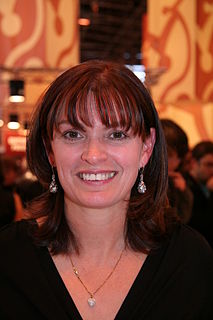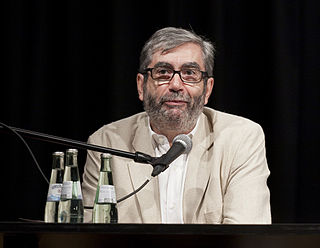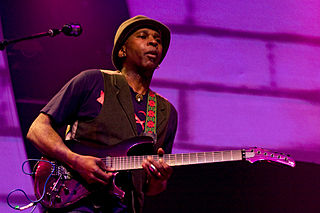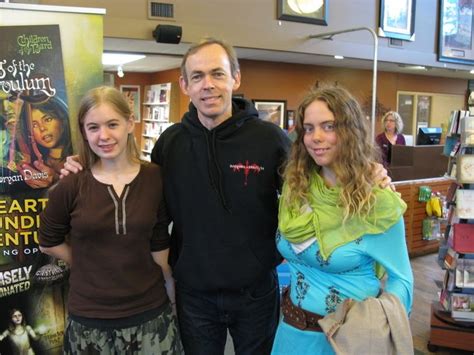A Quote by Vera Nazarian
My brand of fantasy is completely devoid of the traditional notions of magic as ritual. Instead I see the fantastic as a meta-layer of existence beyond the real world.
Related Quotes
When I write short fiction or novellas, I like to leave a hint of the fantastic, of the unreal. If you write a completely fantastic novel with ghosts and everything, the effect is less powerful than if you portray an absolutely realistic situation and, in the middle of this, you put a layer of fantasy, of mystery.
To work magic is to weave the unseen forces into form; to soar beyond sight; to explore the uncharted dream realm of the hidden reality; to infuse life with color, motion and strange scents that intoxicate; to leap beyond imagination into that space between the worlds where fantasy becomes real; to be at once animal and god. Magic is...the ultimate adventure.
A lot of people feel like urban fantasy is a shortcut that gets you around world-building, because it's set "in the real world." But it doesn't really work that way, as I found out. You have to come up with just as consistent an internal cosmology and magic system as you would if you were writing high fantasy.
Fantasy stories open our eyes to an unseen world and train our minds to see beyond the visible. In the New Testament context, this is where our real battles are fought. Good fantasy will reveal the hidden powers of evil that threaten the hero's life and upset his journey. Good fantasy focuses on how a hero finds victory when he learns that he can't win by himself, so he submits to the higher power in faith and obedience.
A book consists of two layers: on top, the readable layer ... and underneath, a layer that was inaccessible. You only sense its existence in a moment of distraction from the literal reading, the way you see childhood through a child. It would take forever to tell what you see, and it would be pointless.
Writing is the act of creation. Put words on page. Words to sentences, sentences to paragraphs, paragraphs to 7-book epic fantasy cycles with books so heavy you could choke a hippo. But don't give writing too much power, either. A wizard controls his magic; it doesn't control him. Push aside lofty notions and embrace the workmanlike aesthetic. Hammers above magic wands; nails above eye-of-newt. The magic will return when you're done. The magic is what you did, not what you're doing.
Well, I really want to encourage a kind of fantasy, a kind of magic. I love the term magic realism, whoever invented it – I do actually like it because it says certain things. It's about expanding how you see the world. I think we live in an age where we're just hammered, hammered to think this is what the world is. Television's saying, everything's saying 'That's the world.' And it's not the world. The world is a million possible things.
If you see the intersection of time and space, you experience complete freedom of being. This state of existence is completely beyond any idea of time, space, or being. In that liberated state you can see fundamental truth and the phenomenal world simultaneously. That is called Buddha's world. That is the place where all sentient beings exist, so you can stand up there and see all beings, myriad beings. Then you know very clearly, through your own emotional and intellectual understanding, how all beings exist.






































